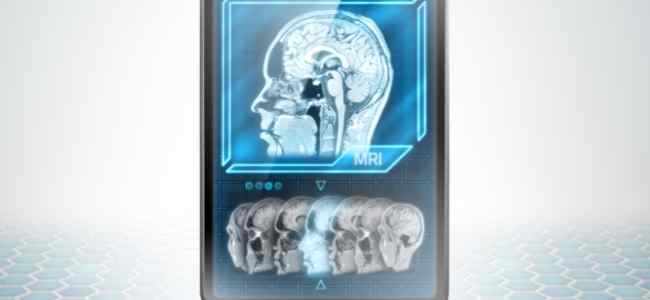Your loved one is having more and more trouble recalling names and other basic knowledge. This wouldn’t bother you so much if not for the fact that they forgot to pay their mortgage and other bills this month.
They are getting on in years. You’re worried that they might be developing Alzheimer’s. You’ve been thinking about taking to the doctor to get tested.
While you’re there, the doctor will most likely talk to you about having a dementia brain scan done. These scans make it easier to diagnose the disease and deal with the symptoms.
Check out this guide to learn more about the procedure and how it might benefit your loved one.
What is Dementia?
Before we get into what a brain scan can do, let’s talk about the disease itself. What is dementia? It’s defined by the loss of cognitive function and memory.
As the disease progresses, the person loses their ability to solve problems and can no longer do basic activities. Now you might be asking, “how does this happen”?
As people age, some of their healthy nerve cells stop working. This is nothing unusual. It only becomes a problem when too many of their neurons cease functioning.
There are various types of the disease. Every type tends to crop up in those who are 85 or older.
What is a Dementia Brain Scan?
Now that you know more about the disease, we can talk about getting a brain scan for dementia diagnosis. Getting a scan done is important for early diagnosis.
While getting an early diagnosis won’t stop the disease from happening, a successful treatment can and will slow it down. Your loved one’s doctor will suggest doing a CT or MRI scan first. If they can’t gather any information from this, they’ll move on to something a little more advanced.
CTs and MRIs
A CT scan uses X-ray technology to look at a person’s brain structure. From this scan, they can tell if someone has had a stroke in the past. They can check for any changes in a person’s blood vessels.
MRIs use magnetic resonance technology to look inside the brain. They can see everything that a CT scan can only in a little bit better detail.
EEGs
If the doctor can’t gather enough information from doing a CT or MRI, they might move on to performing an EEG. EEG’s are done if the doctor believes someone has had a seizure. Since some forms of dementia are associated with epilepsy, the two sort of go hand in hand.
The doctor will place electrodes on your loved one’s scalp in various areas. They can then watch their brain while it’s in motion and detect any strange occurrences.
Other Types of Scans
Some scans are more advanced. They aren’t often used during the diagnosis process, but doctors might break them out if they can’t gather anything from the CT or MRI scan.
SPECT scans can show a physician specific areas of reduced brain activity. PET Scans use a chemical tracer to detect any problem cells. Other advanced scans can find metabolic disruptions associated with degenerative diseases.
White Spots
Most of the time, any abnormalities pop up on a scan as white spots. These spots are fluid pockets that were most likely left behind from a damaged blood vessel.
The more white spots that pop up on the scan, the more likely a person will develop dementia. This is measured on a three-point scale.
Early Diagnosis
As we said before, even if your loved one gets an early diagnosis, it can’t stop the disease from happening. All it can do is ensure that your loved one gets the treatment they need to slow down the process. It will give them a chance to stop problem behaviors that will slow their cognitive function even further.
Hearing that your loved one’s experiencing Alzheimer’s symptoms can be nerve-wracking and upsetting. Getting an early diagnosis will give you all the time you need to process the information and make the most out of what time you have left with the person.
Knowing about the problem early will also give your loved one plenty of time to plan. They can sit back and decide how they want to proceed when they can no longer care for themselves. Who do they want to watch after them?
Do they want to be in a home? As morbid as it is, they can make all their end-of-life decisions. Who is going to be paying for their funeral arrangements and how?
Are the Scans Perfect?
The answer is no. The scans aren’t perfect. The doctor could run every scan available and still be no closer to determining if a patient is developing dementia.
The problem could be from neural trauma that they can call a brain injury attorney for. They could have some different kind of disease that needs to be attended to.
The doctor will need to do a bunch of tests on top of the scans before they can make an official diagnosis.
Everything You Need to Know About a Dementia Brain Scan
Seeing your loved one display common dementia signs can be nerve-wracking. The only way to know for sure if your fears are justified is to take them to see a doctor. They can do a dementia brain scan to look for any abnormalities.
While these scans aren’t perfect, they can provide an early diagnosis and give you the time you need to plan. We can help you with that process. Check out the health section of our blog for all the latest dementia news and advice.


